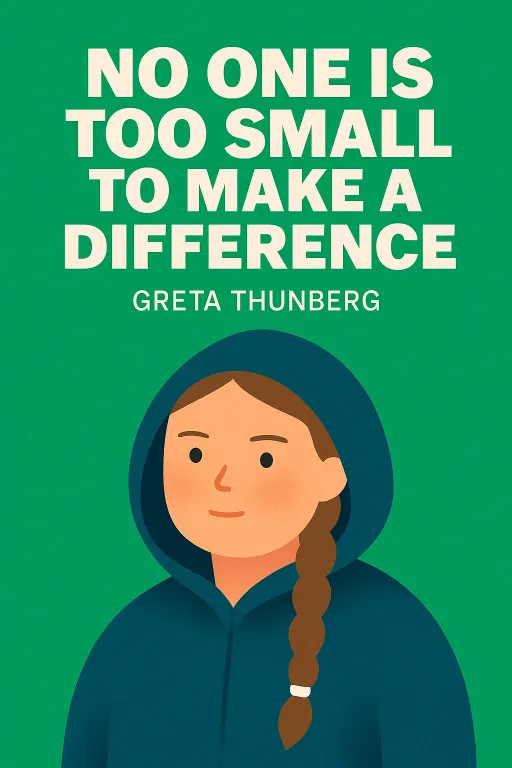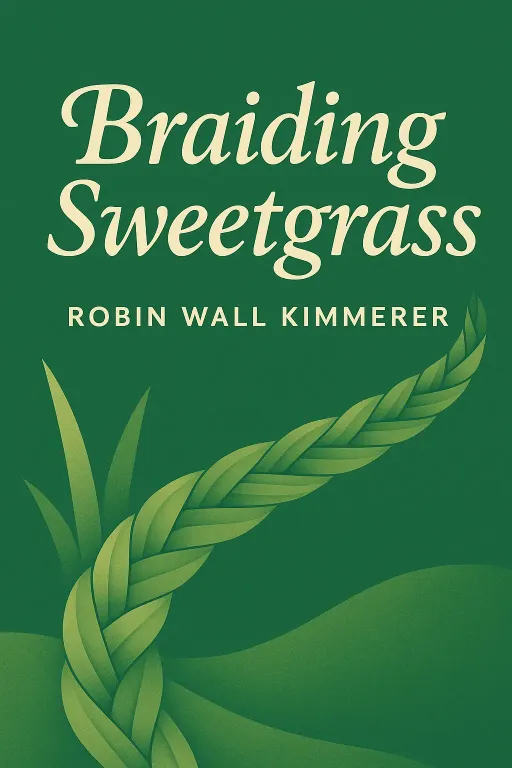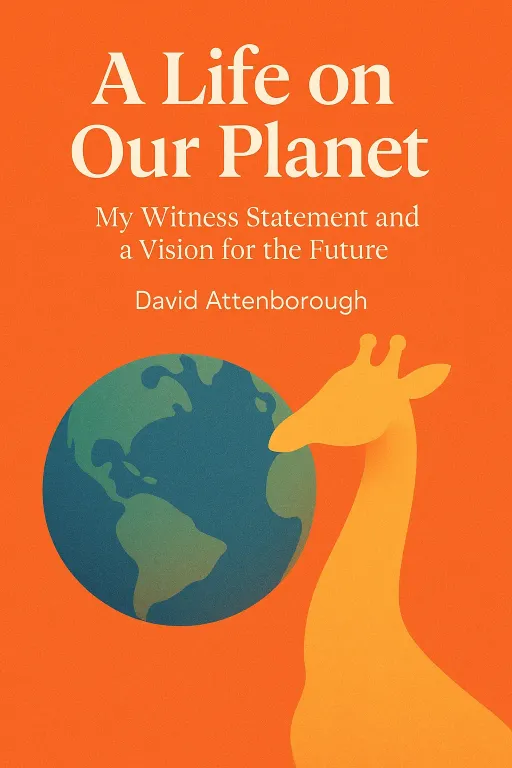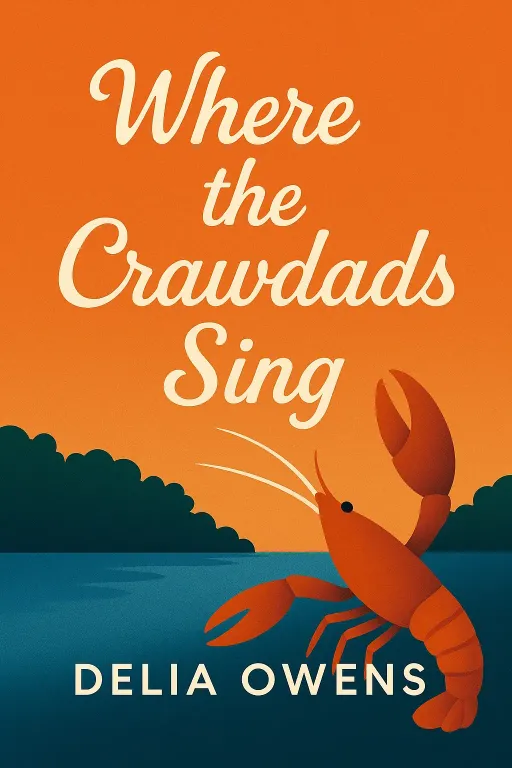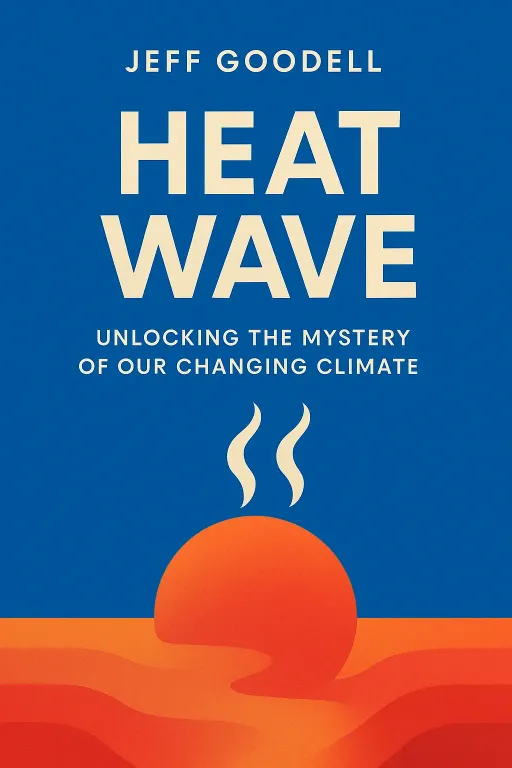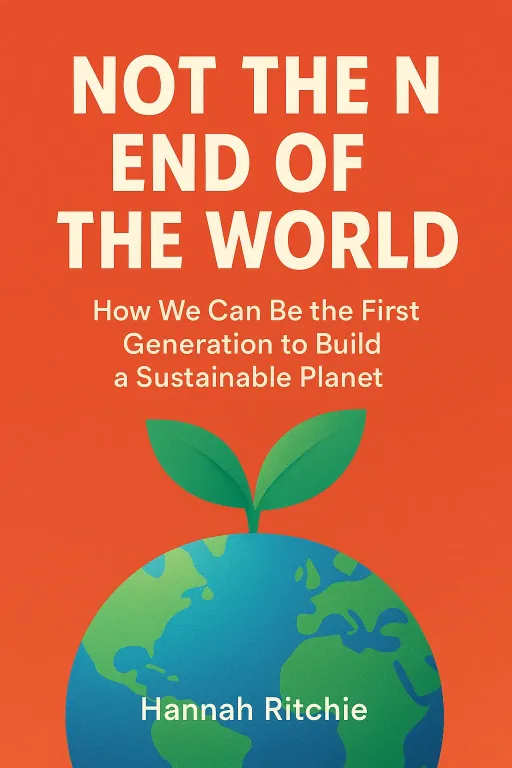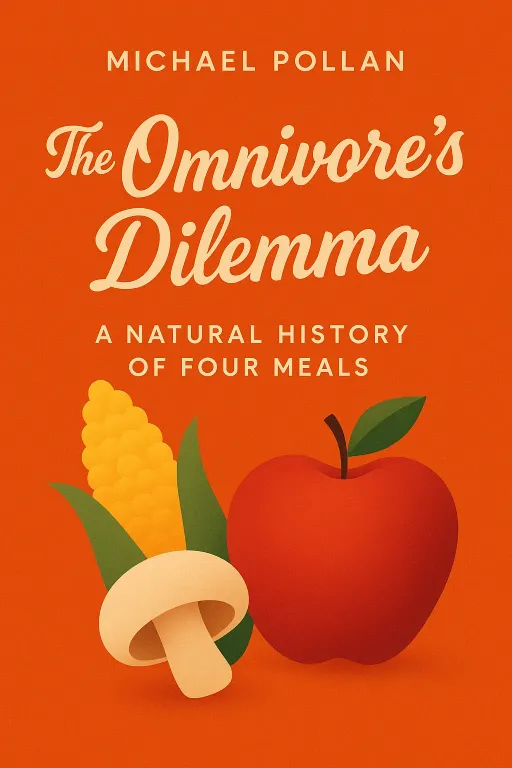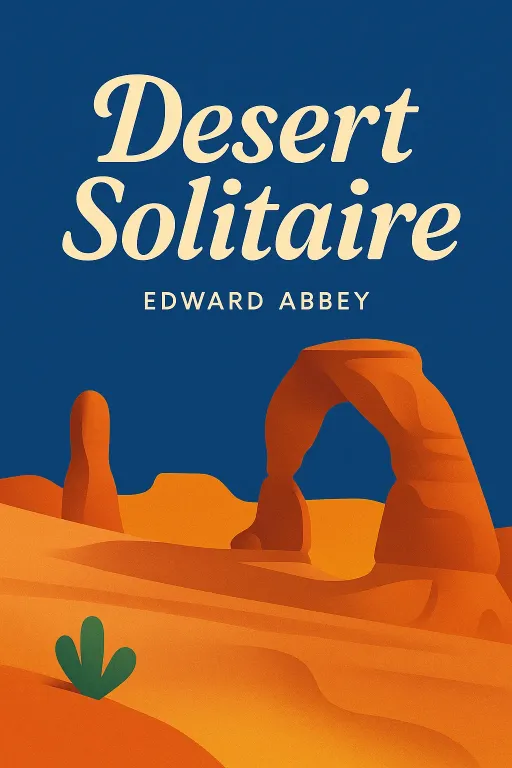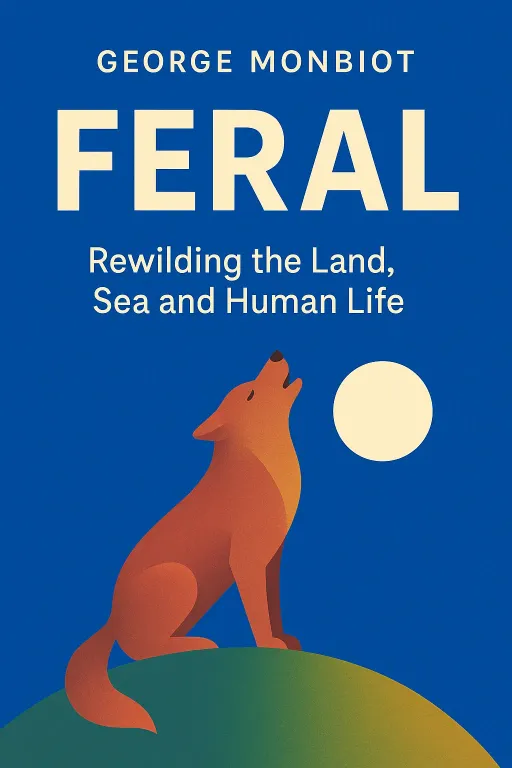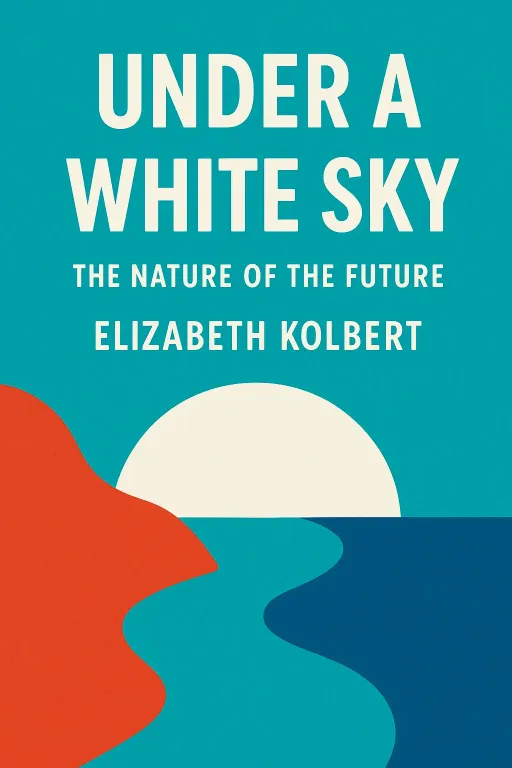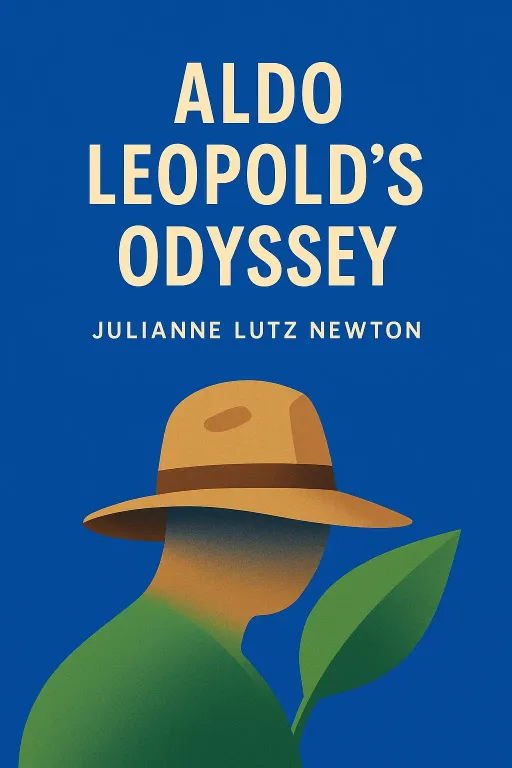
Juggernaut vs. The Germ
10 minGolden Hook & Introduction
SECTION
Mark: Most of us think of progress as a good thing—more technology, more comfort, more growth. But what if the very engine of our progress is a 'Juggernaut' that's crushing the one thing we can't live without? And what if our only defense is a tiny, fragile 'germ' of an idea? Michelle: Whoa, a Juggernaut versus a germ. That sounds like an impossibly unfair fight. It’s epic. What are we talking about here? Mark: We're talking about the central battle at the heart of Julianne Lutz Newton's incredible book, Aldo Leopold's Odyssey. It’s this constant, grinding conflict between our industrial culture and what Leopold called an 'ecological conscience.' Michelle: And Newton is the perfect person to tell this story. She's not just a biographer; she's an ecological thinker herself. I read that she spent years digging through Leopold's unpublished archives to piece together how his ideas evolved. Mark: Exactly. This isn't a 'what-he-did' biography. It’s a 'how-he-thought' biography, which is why it's so foundational for anyone interested in environmentalism. It really shows the intellectual journey that led to his famous work, A Sand County Almanac. Michelle: So it’s the prequel we never knew we needed. It sets the stage for why his ideas were so revolutionary. Mark: Precisely. And that Juggernaut he was fighting against was the belief that land is just a commodity. It’s the philosophy that every river needs more people, every person needs more inventions, and progress means conquering nature. Michelle: A philosophy that feels very, very familiar today.
The Juggernaut vs. The Germ: Leopold's Battle for America's Soul
SECTION
Mark: It is. And Leopold saw the ultimate, terrifying outcome of this philosophy in the 1930s with the Dust Bowl. People had this belief that "rain would follow the plow." They tore up millions of acres of native prairie in the Great Plains to plant wheat, convinced their energy could overcome any natural limits. Michelle: I’ve seen the pictures, but I never thought of it that way. So the Dust Bowl wasn't just a natural disaster, it was a philosophical one? A failure of an idea? Mark: That’s exactly how Leopold saw it. The Great Plains Committee, which was formed to study the disaster and heavily influenced by Leopold's writing, concluded that the problem wasn't nature. The problem was the failure of humans to adapt to nature. The Juggernaut had driven itself right off a cliff, turning fertile topsoil into a scourge that blackened the sky. Michelle: That's horrifying. It's the conqueror mentality backfiring in the most spectacular way. So where does the 'germ' come in? What's the defense against a force that powerful? Mark: The germ is something much quieter, much more internal. Leopold saw it in a really poignant moment in 1947, at the dedication of a monument to the last passenger pigeon. This was a bird that once numbered in the billions, and it was wiped out by human 'avarice and thoughtlessness.' Michelle: Wow. A monument for an extinct bird. Mark: Yes. And in his speech, Leopold said something profound. He said, "For one species to mourn the death of another is a new thing under the sun." That was the germ. That act of mourning, of feeling a sense of loss for something that had no economic value, was the beginning of an ecological conscience. It was a sign that we could see ourselves as part of a community, not just its conqueror. Michelle: That gives me chills. It’s a tiny crack of light in a very dark story. But is that feeling, that 'germ,' enough to stop a Juggernaut? It feels so fragile. Mark: That's the question that haunted Leopold his entire life. And to understand his answer, you have to understand how he developed that germ within himself. He wasn't born a prophet.
From Forester to Prophet: The Making of an Ecological Mind
SECTION
Michelle: That’s what I was wondering. How did one man even begin to develop this idea when the whole world was charging ahead with the Juggernaut? Mark: Well, his odyssey began, ironically, as an agent of that very system. In 1909, he was a young, enthusiastic graduate of the Yale School of Forestry, sent to Arizona and New Mexico for the U.S. Forest Service. His job was to manage the land for resources—timber, grazing, game. Michelle: Wait, so he was part of the machine he later criticized? He was a government man. Mark: He was. But out there, he saw the theory of progress collide with reality. He saw hillsides that had been grazed down to the bedrock. He saw rivers choked with mud from erosion. The land was, in his words, "written on the hills," and it was a story of sickness. He started having these dreams of rivers running dry. Michelle: So his own work was showing him the flaws in the system. What was the breaking point? Mark: There were a few. A near-fatal kidney disease in 1913 forced him into a long recuperation, giving him time to read and think deeply about what the Forest Service was actually trying to achieve. But the real turning point, the moment he saw an alternative, came on a trip to the Sierra Madre in Mexico. Michelle: What was it about Mexico that was so transformative? What did he see there? Mark: He saw a land that hadn't been conquered. He described it as a chance to "feast his eyes on what his own mountains were like before the Juggernaut." The rivers ran clear. The mountainsides were thick with grass. There were wolves, and the whole system felt healthy and intact. It was a living, breathing picture of what had been lost north of the border. Michelle: It’s like he traveled back in time. He saw the 'before' picture. Mark: Exactly. And that contrast shattered his old way of thinking. He realized that our tools had become better than we were. They were good enough to crack the atom, but not good enough for the oldest task in human history: "to live on a piece of land without spoiling it." Michelle: Now, the book's extended info mentions that some critics feel Newton's claims about his scientific originality are a bit 'stretched.' Was he really the first person to see this, or was he just an incredible synthesizer and communicator? Mark: That's a fair point, and Newton addresses it. Leopold was building on the work of many others, but his genius was in pulling it all together. He connected ecology, ethics, and aesthetics in a way no one had before. He wasn't just a scientist; he was a poet of the ecosystem. And that synthesis led to his most famous, and perhaps most misunderstood, idea.
Thinking Like a Mountain: What the Land Ethic Actually Looks Like
SECTION
Mark: And all these experiences culminated in his most famous concept: the land ethic. But it's a tricky idea to grasp. Michelle: Right, it sounds great, but what does it mean to have a 'land ethic'? It sounds so abstract. Mark: At its core, it means expanding our definition of "community." For thousands of years, ethics have evolved to govern our relationships with family, then tribe, then nation. Leopold argued the next step in evolution is to include the land itself—the soils, waters, plants, and animals—in our ethical community. Michelle: Okay, but how do you do that? It still feels a bit philosophical. Give me a concrete example. Mark: The most powerful example comes from his essay, "Thinking Like a Mountain." Early in his career, Leopold was a wolf-hater, like everyone else. He saw them as pests that killed deer, which were valuable for hunters. On one trip, he and his party saw a wolf and her pups, and they immediately opened fire. Michelle: Oh no. Mark: He writes about reaching the old wolf in time to see a "fierce green fire dying in her eyes." And in that moment, he realized something. He says, "I was young then, and full of trigger-itch; I thought that because fewer wolves meant more deer, that no wolves would mean hunters’ paradise. But after seeing the green fire die, I sensed that neither the wolf nor the mountain agreed with such a view." Michelle: Wow. That's a gut punch. So 'thinking like a mountain' means seeing the whole system, not just the parts you like or find useful? Mark: Precisely. The mountain knows that wolves keep the deer population in check. Without wolves, the deer herds explode, eat every sapling and shrub, and the mountain itself begins to erode and die. The deer starve, the forest dies, the rivers run thick with mud. The wolf's howl was the mountain's voice of health. By killing the wolf, he had silenced the mountain. Michelle: So the land ethic isn't about being sentimental. It's about understanding the brutal, beautiful logic of the whole system. Mark: Yes. It’s about understanding what he called the "biotic pyramid." Soil is the base, plants are the next layer, then herbivores, then carnivores at the top. Energy flows up through this pyramid. The land ethic is simply the moral recognition that we are a part of that pyramid, not its owner, and that our actions have consequences for the entire structure.
Synthesis & Takeaways
SECTION
Michelle: So, in the end, what's the big takeaway from Leopold's odyssey? Are we doomed by the Juggernaut, or is there hope for the Germ? Mark: Leopold was an optimist, but a pragmatic one. He believed the answer wasn't in more government programs or new technology. Those were just more tools. The real solution had to be a personal, ethical transformation. It's about changing our perception. Michelle: So it’s an inside job. Mark: Completely. He wrote, "The real substance of conservation… [begins] in the mental processes of citizens." He believed that our relationship with the land is a reflection of our character. In one of his most powerful lines, he says a landowner's landscape is the "owner's portrait of himself." Michelle: That’s a heavy thought. The way you treat your corner of the world is a self-portrait. Mark: It is. And it applies to all of us, whether we own a thousand acres or a potted plant on a windowsill. Leopold's odyssey teaches us that conservation isn't about saving something 'out there.' It's about cultivating something 'in here'—an ecological conscience. Michelle: It really makes you look at the world differently. What does the 'landscape' of your own life—your choices, your consumption—say about you? Mark: That's the question he leaves us with. And it's more urgent now than it ever was in his time. Michelle: A powerful and challenging legacy. Mark: This is Aibrary, signing off.
